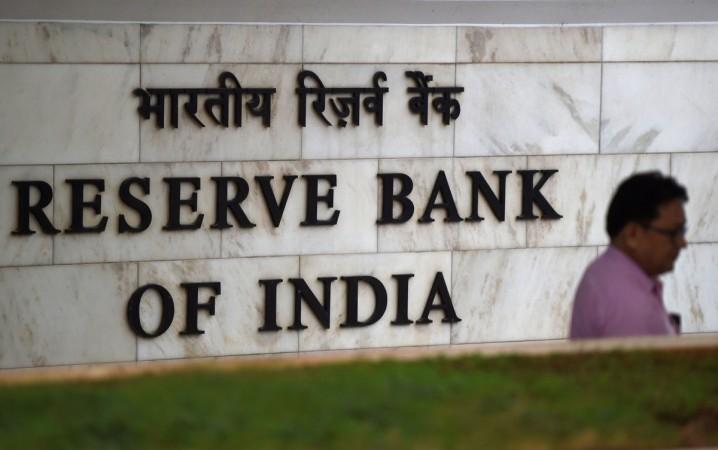
To boost digital transactions, the Reserve Bank of India on Thursday, June 5, announced that it has decided to do away with charges levied on fund transfers through Real-Time Gross Settlement (RTGS) and National Electronic Funds Transfer (NEFT) transactions. Asking banks to NEFT and RTGS transfers free of cost, the central bank has asked consumer banks to pass on the benefit to customers.
As far as charges on transactions are concerned, there will be more good news for customers as the RBI declared that it was setting up a panel to review charges imposed by banks on ATM withdrawals.
For large-value instantaneous fund transfers, customers use the RTGS process while the NEFT System is used for fund transfers up to Rs 2 lakh.
![[Representational image] Transaction](https://data1.ibtimes.co.in/en/full/634581/transaction.jpg?h=450&l=50&t=40)
The RBI stated that it was doing so to promote digital transactions. Currently, the State Bank of India (SBI) charges between Re 1 and Rs 5 for NEFT transactions and between Rs 5 and Rs 50 for RTGS.
On developmental and regulatory policies after the Monetary Policy Committee's (MPC) meeting, the RBI said in its statement that it levies minimum charges on banks for transactions routed through RTGS and NEFT system for other fund transfers. Banks, in turn, levy charges on their buyers. "Banks will be required, in turn, to pass these benefits to their customers. Instructions to banks in this regard will be issued within a week," the central bank said as quoted by news agency PTI.
The latest developments came today at the end of the RBI's bi-monthly monetary policy meeting. A few hours back, RBI had announced its decision to lower the repo rate to 5.75 per cent from 6 per cent. The repo rate is the key interest rate at which commercial banks borrow short-term funds from the RBI. The repo rate now stands at 5.75 per cent. This was the third consecutive rate cut by the RBI in 2019. The recent rate cut has brought down interest rates on home and car loans.

















